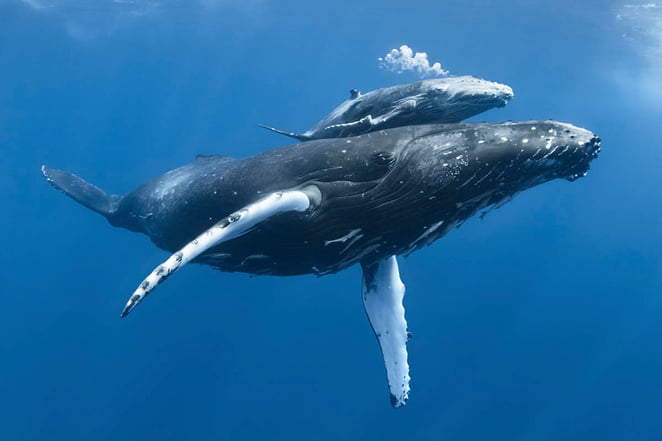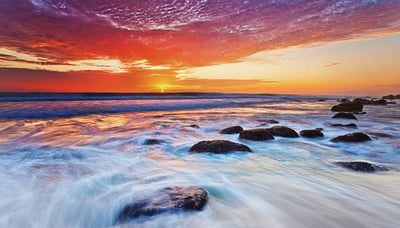
WWF International Senior Global Ocean Governance and Policy Expert Jessica Battle considers the reasons why a high seas treaty is necessary to restore the health of the ocean.
In December 2022, we hailed a landmark decision by governments to conserve at least 30% percent of the ocean, land and freshwater globally by 2030 – often shortened to 30x30.
Coastal states will have to implement this target in their national waters. But on the high seas and the international seabed – the vast area of the ocean lying beyond any single state’s jurisdiction – governments need to work together to get it done.
These waters – being everyone’s right and thus responsibility under the Law of the Sea Convention – comprise nearly two-thirds of the ocean’s area, but only roughly 1% of this huge swath of the planet is protected.
Here is where a historic high seas treaty comes in.
High seas treaty ambition
After 15 years of discussions and five sessions of international negotiations, the treaty was nearly finalized in August last year, but talks were suspended when governments ran out of time to reach agreement on several issues.
Governments will gather again at the UN in New York for two weeks beginning mid-February to hammer out the final details of this important treaty.
A small WWF delegation will attend to urge governments to maintain ambition and get this treaty across the finish line.
It may seem odd to feel a personal stake in a global treaty, but after a decade and a half in the trenches persuading governments to value our shared ocean, I am eager to be in the room where it happens.
Putting aside my history with the negotiations, the results matter to all of us.
Serious impacts
The health of the ocean is in decline from decades of fragmented governance, overfishing, pollution and habitat destruction.
New or expanding industries with serious impacts, such as deep seabed mining and industrial, distant-water fishing, are poised to further add to its demise.
We look to governments to fulfill their responsibility and conclude a treaty that ensures collaboration across the ocean and across all sectors to ensure ocean health is restored.
This is possible, unless the text is further watered down by a few states that cling to the status quo.
The treaty is an essential prerequisite for 30x30 for the ocean, but it is about so much more.
Here’s a look at how an ambitious treaty will contribute to ocean conservation and what needs to be done once the text is adopted.
- Design a process to establish and manage marine protected areas in areas beyond national jurisdiction (ABNJ).
- Subject all high seas activities to an environmental impact assessment process proportionate to likely impacts.
- Commit to enhanced cooperation opportunities. The treaty will increase pressure on existing governance bodies to deliver on the expectations and obligations to protect biodiversity.
- Establish a Conference of the Parties to facilitate effective implementation of all aspects of the agreement.
- Developed countries commit to contribute financial, scientific and technological resources to effectively implement the treaty, and increase capacity-building and technology transfer.
With the inclusion of these key components, WWF will welcome this historic treaty – a compromise to be sure, but also a significant management tool we have gone too long without.
Next, we must quickly turn to ratification and implementation, securing ocean habitats and species, and rebuilding a healthy ocean in areas beyond national jurisdiction.
This requires political will, as well as additional capacity and funding.
The text of the treaty matters, but then comes the essential work of seeing it ratified by as many countries as possible as quickly as possible so we can move on to implementation.
The high seas have been neglected for too long; there’s no excuse for delay when we’ve come this far. I, for one, can’t wait to usher in this new era for our ocean.
Read more
Time to deliver 30x30 for the ocean
About us
WWF Ocean Practice works to ensure marine resources are sustainably managed


